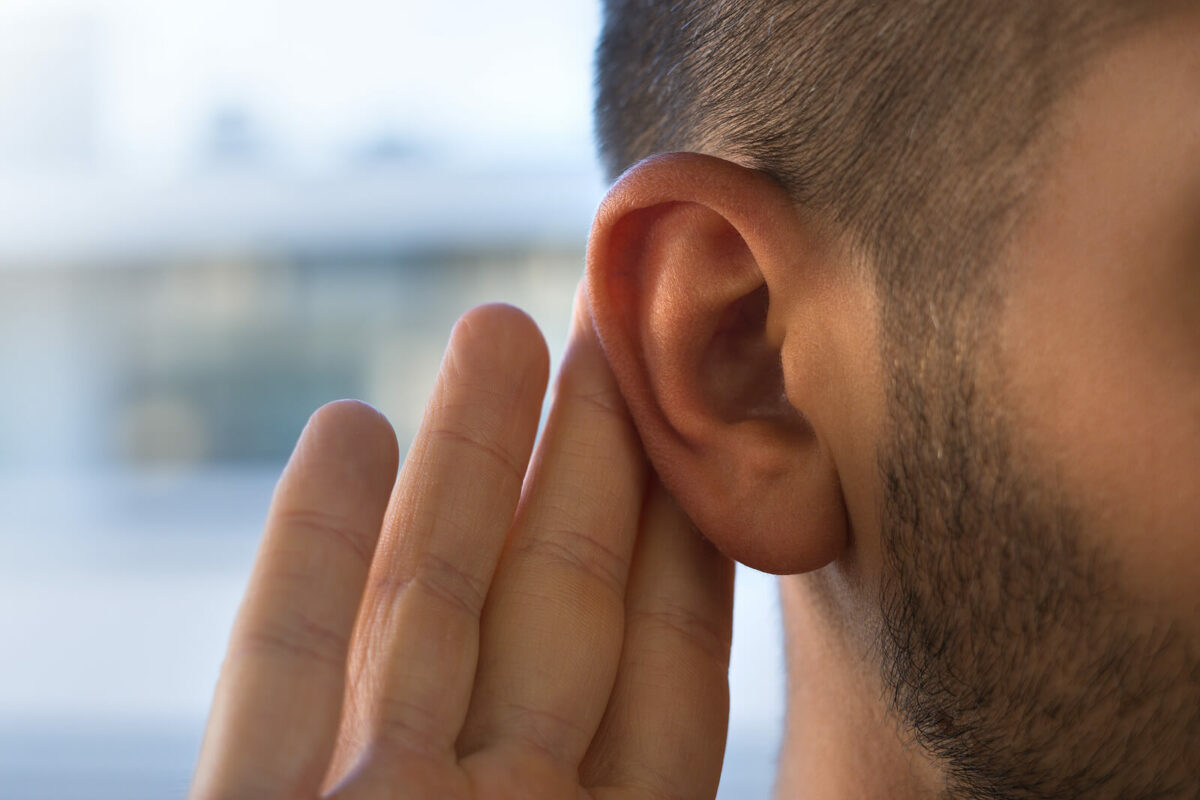Hearing loss can sneak up on you slowly and before you know it, you may be struggling to follow conversations or with hearing the TV. Impacting nearly 1 in 5 people, hearing loss is likely much more common than you may think. Over 48 million people live with some degree of impaired but but only a third of people who could benefit from treatment, actually receive it. This highlights that hearing loss tends to be widely undertreated.
Being able to recognize the signs of hearing loss can help you identify potential changes you are experiencing with your hearing health. This can support early intervention which can better support your transition into stronger hearing health adn wellness. Early signs of hearing loss include the following:
Engaging in conversations is difficult.
Struggling to keep up with conversations is an early sign of hearing loss. Following conversations, especially in places with background noise and/or conversations with multiple people. Hearing loss reduces one’s capacity to hear and process speech, producing symptoms that make it difficult to navigate communication. Sounds and speech may sound muffled or distorted and hearing as well as following what others are saying can be tough and you may find yourself:
- frequently asking others to repeat what they said, speak louder, and/or slower.
- lip reading to help identify individual words.
- finding yourself saying “huh” or “what” in response to others.
- missing words or parts of a conversation.
- pretending to hear just to get through a conversation.
Coping with these symptoms can make communication challenging. Conversations can be unpleasant and you may experience miscommunication. Feeling like having conversations with others is difficult is an early sign of hearing loss.
You keep turning up the TV.
Do you argue with your loved ones about the volume of the TV? Do you increase the volume but they think it’s too loud? Though this may seem like a small thing, turning up the volume settings on your electronic devices – TV, phone, speaker – is another sign of hearing loss. In response to not being able to hear clearly, a seemingly natural response is to turn up the volume. This is actually not helpful for your hearing adn contributes to petty arguments that can build over time and affect relationships.
There seems to be a buzzing sound in your ears.
Another early sign of hearing loss is hearing a sound in one or both ears when no external sound is actually present. This sound is most commonly described as a ringing, buzzing, clicking, or whistling like noise that only you can hear. Known as tinnitus, this can be experienced intermittently or chronically. It is estimated that 90% of cases of tinnitus occur with underlying hearing loss. Tinnitus not only makes it harder to hear but it can impact sleep, ability to concentrate, contribute to irritability and fatigue etc. This can take a toll on communication and wellness over time.
You feel tired or drained after conversations.
Hearing loss involves the brain receiving less auditory information. As a result, the brain has to work harder to detect and process speech and sound. This becomes even more challenging when there is background noise which the brain uses greater resources and energy to filter through. This extra work can cause you to feel tired or drained after having conversations and social interactions with others. Because it takes more work for you to hear, you may feel the effects of this as fatigue.
You find yourself staying in more and avoiding conversations.
To cope with hearing loss symptoms and conversations feeling exhausting, people often avoid conversations as much as possible. This involves spending less time with loved ones, engaging less in hobbies, avoiding social settings and activities etc. Social withdrawal is a major symptom of hearing loss. Increased isolation can take a toll on mental health by contributing to depressive symptoms – extensive research shows a link between hearing loss and depression. This can also impact relationships and social connection, further impacting mental health and wellness.
Prioritize Your Hearing Health Today
If you recognize any of these symptoms, it is important to have your hearing evaluated by a hearing healthcare specialist. Treating hearing loss not only transforms hearing health but your overall health adn quality of life. Treatment allows people to live more fully and actively. Contact us today to schedule an appointment for a hearing consultation!

